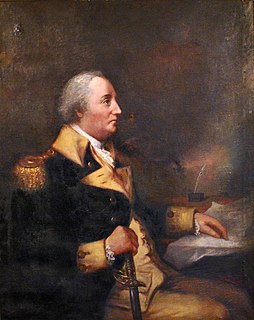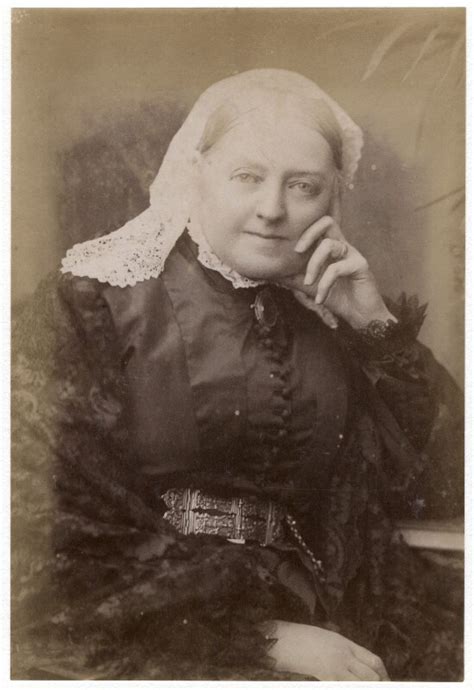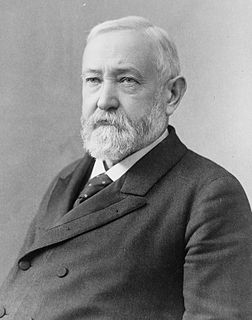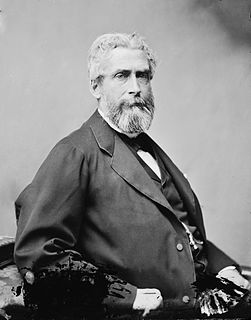A Quote by A. E. Housman
Existence is not itself a good thing, that we should spend a lifetime securing its necessaries: a life spent, however victoriously, in securing the necessaries of life is no more than an elaborate furnishing and decoration of apartments for the reception of a guest who is never to come. Our business here is not to live, but to live happily.
Related Quotes
If you're an atheist, you know, you believe, this is the only life you're going to get. It's a precious life. It's a beautiful life. Its something we should live to the full, to the end of our days. Where if you're religious and you believe in another life somehow, that means you don't live this life to the full because you think you're going to get another one. That's an awfully negative way to live a life. Being a atheist frees you up to live this life properly, happily and fully
Money is meant not for hoarding, but for using; the aim of life should be to use it in the right way - to spend as much as we can lawfully spend, both upon ourselves and others. And sometimes it is better to do this in our lifetime, when we can see that it is well spent, than to leave it to the chance spending of those that come after us.
The necessaries of life occasion the great expense of the poor. They find it difficult to get food, and the greater part of their little revenue is spent in getting it. The luxuries and vanities of life occasion the principal expense of the rich, and a magnificent house embellishes and sets off to the best advantage all the other luxuries and vanities which they possess ... It is not very unreasonable that the rich should contribute to the public expense, not only in proportion to their revenue, but something more than in that proportion.
The elemental fact, present in our consciousness every moment of our existence, is: I am life that wills to live, in the midst of life that wills to live.... The essence of the humane spirit is: Preserve life, promote life, help life to achieve its highest destiny. The essence of Evil is: Destroy life, harm life, hamper the development of life
Even a good marriage leaves people with longings for certain things their marriage will never be. So, do they accept that, make compromises, and say, "You can't have everything in life," which is what we always did? Or do they say, "I deserve more. I want to experience that thing and, you know, I have fifty more years to live than I used to." It's not necessarily that we have more desires today, but we do feel more entitled to pursue them. We live in this "right to happiness" culture, and yes, we do live half a century longer than we used to.







































